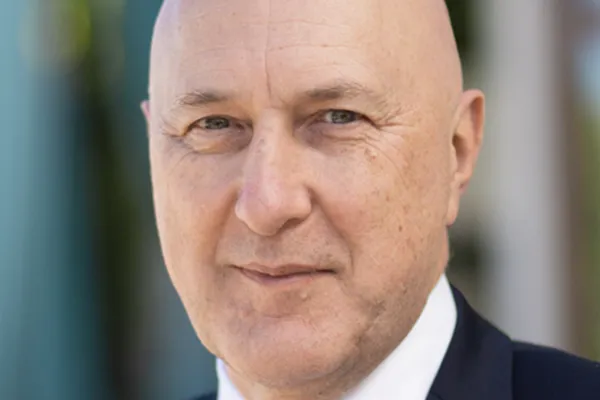Mohamed El-Erian shook up the investment world last September when he announced he would resign after less than two years as manager of Harvard University’s $34.9 billion endowment and return to Pacific Investment Management Co.
In his short stint at Harvard Management Co., El-Erian, a former deputy director of the International Monetary Fund, rebuilt an investment operation that had been hit hard by the resignation of his predecessor, Jack Meyer, who quit to start a hedge fund, Convexity Capital Management, and the subsequent departure of nearly three dozen staffers. In the fiscal year ended June 30, 2007, Harvard’s endowment returned 23.0 percent, its best performance in seven years.
El-Erian, 49, says he decided to rejoin Newport Beach, California–based Pimco, where he had spent seven years managing emerging-markets debt, to be near relatives on the West Coast. As co-CIO and co-CEO, El-Erian is expected to broaden the fixed-income manager’s range of alternative investments. He becomes the heir apparent to William Gross, Pimco’s co-founder and co-CIO, who is 63.
Institutional Investor Senior Editor Steven Brull interviewed El-Erian in early January.
1 What’s your take on the U.S. economy?
I don’t think there’s any doubt that we’ll get at least a growth recession. That means a period of 1 percent growth relative to 3 percent potential. That’s a big deal in the U.S. Whether we get an outright recession will
be a function of U.S. policy.
2 To what extent have emerging markets decoupled from developed economies?
Five years ago it would have been unthinkable that a systemic crisis would originate in the U.S. and yet the collateral damage would be felt in other industrialized countries more than in emerging markets. So we’re in new territory. Where we go from here depends on two factors. The first is the depth of the U.S. slowdown. If it is muted — if you have 1 percent growth on an annual basis — then emerging markets have enough internal strength to navigate that. If, however, the U.S. economy has negative growth for a number of years, then it’s unlikely that emerging markets will be able to decouple. But the outlook is for the former, not the latter. The second factor is that not all emerging economies are in the same situation. Some, such as most of those in Asia, are incredibly robust, with high international reserves, trade surpluses and tremendous policy flexibility. Others, such as Ecuador and Turkey, are much more sensitive to the outside world.
3 Is China a bubble?
The Chinese economy is not a bubble. It can sustain high growth — not necessarily 11 percent, but 8 or 9 percent. But China has an asset bubble in certain coastal properties and in liquid shares.
4 Would a U.S. recession pop those bubbles?
A lot depends on how large the U.S. slowdown is and the policy approaches taken by governments. We’ve never had a situation where emerging markets looking at a U.S. slowdown had the ability to stimulate demand but not the willingness. They always had the willingness but not the resources. The G7 countries are pushing emerging markets to be more expansionary in terms of domestic demand. But China has announced a further tightening of monetary conditions, so they’re going the other way. That indicates how dynamic that economy has become.
5 What about the currency lever?
Increasingly, it’s going to be in the interest of these countries to let their currencies appreciate. We’ve already seen China accelerate its rate of currency appreciation. Part of these countries’ challenge is managing success — which is not easy, because they attract a lot of capital and that has inflationary consequences.





